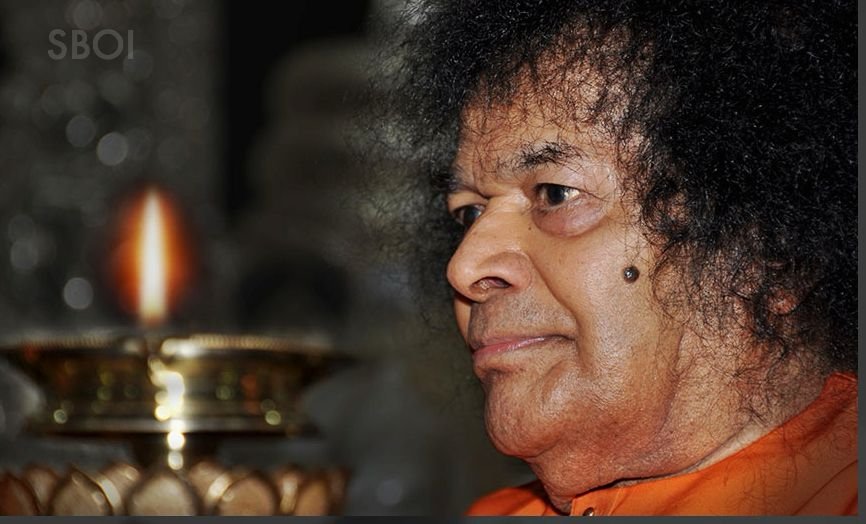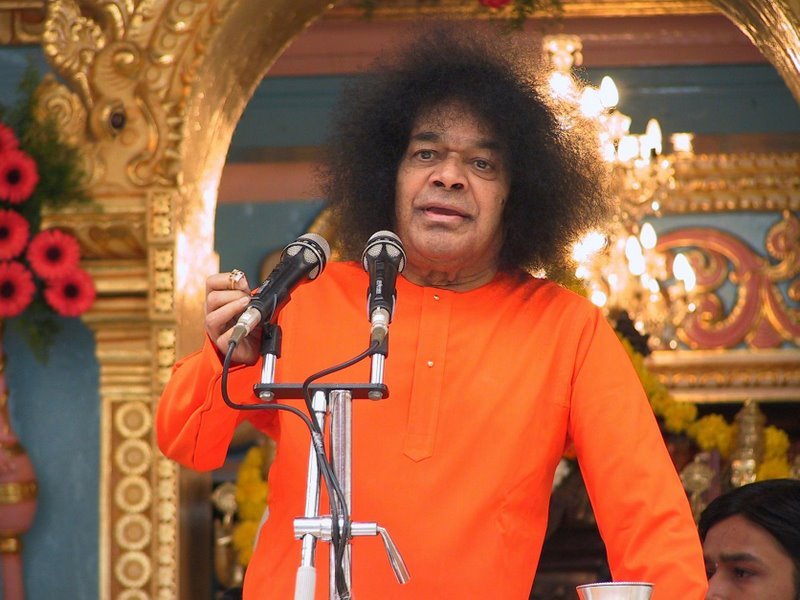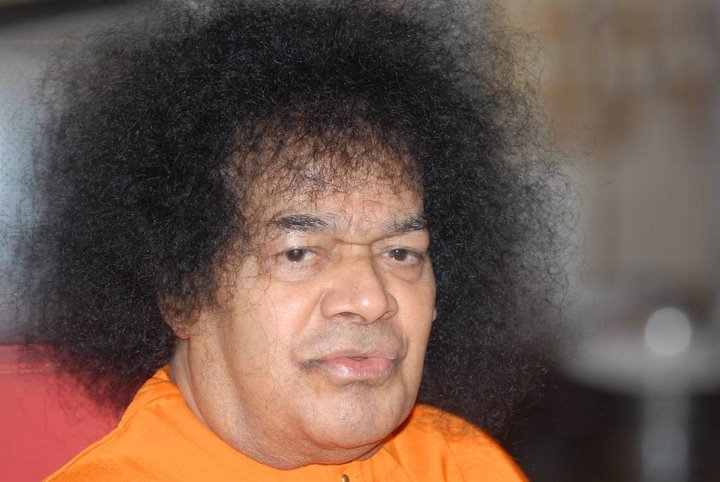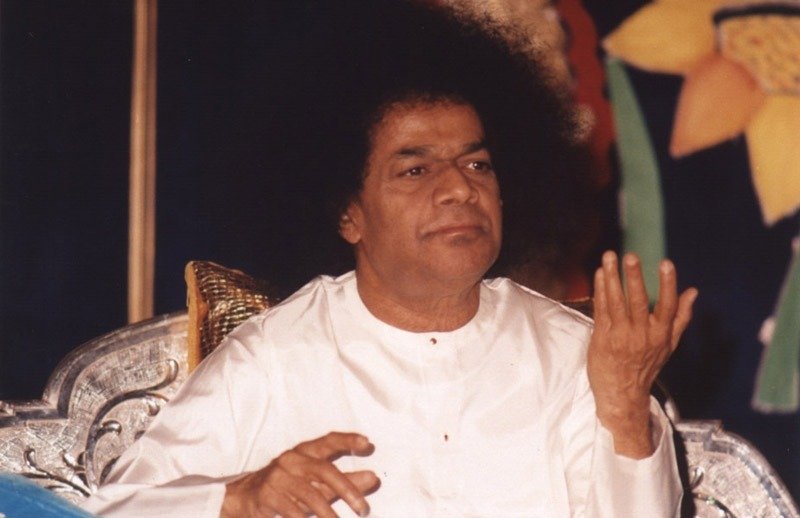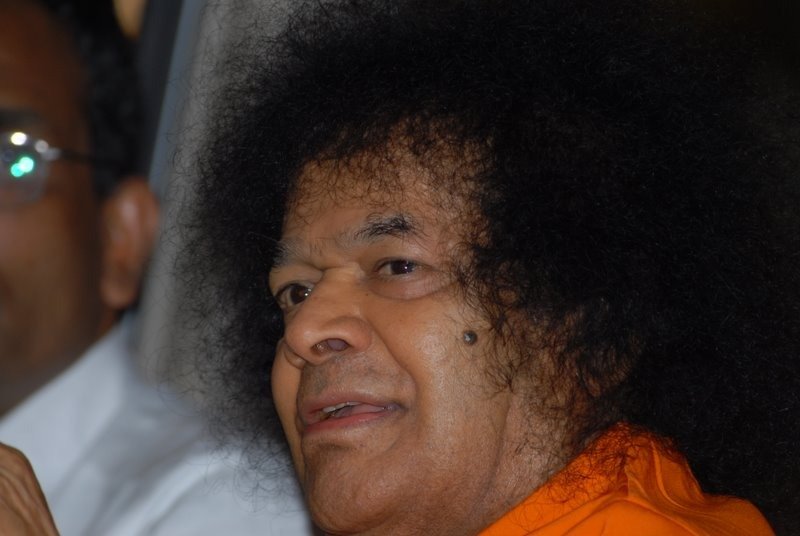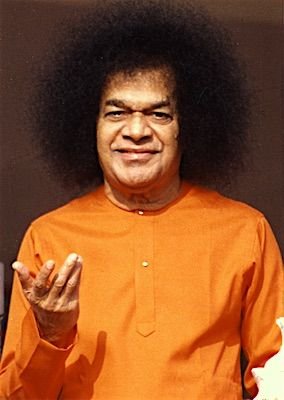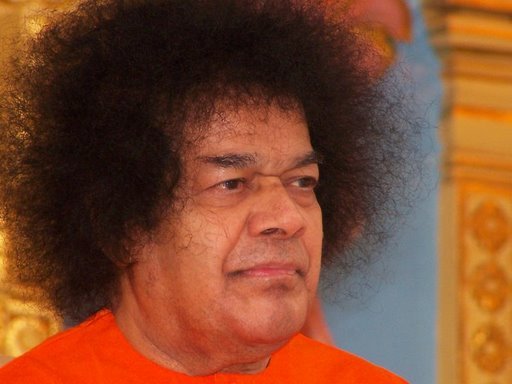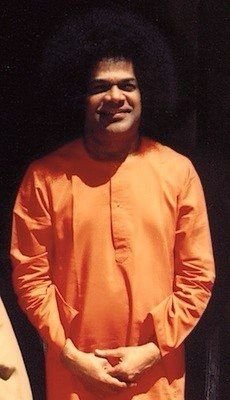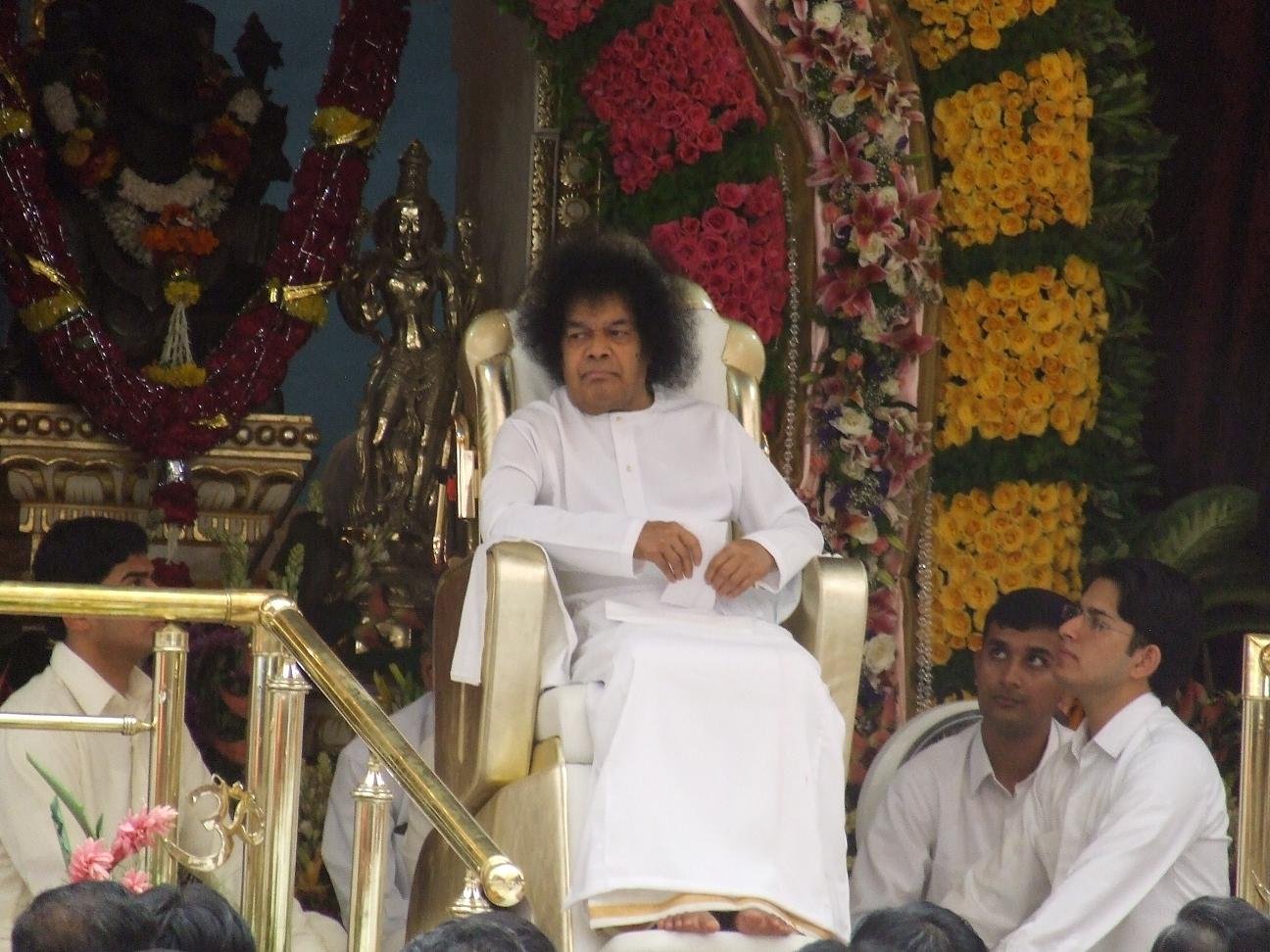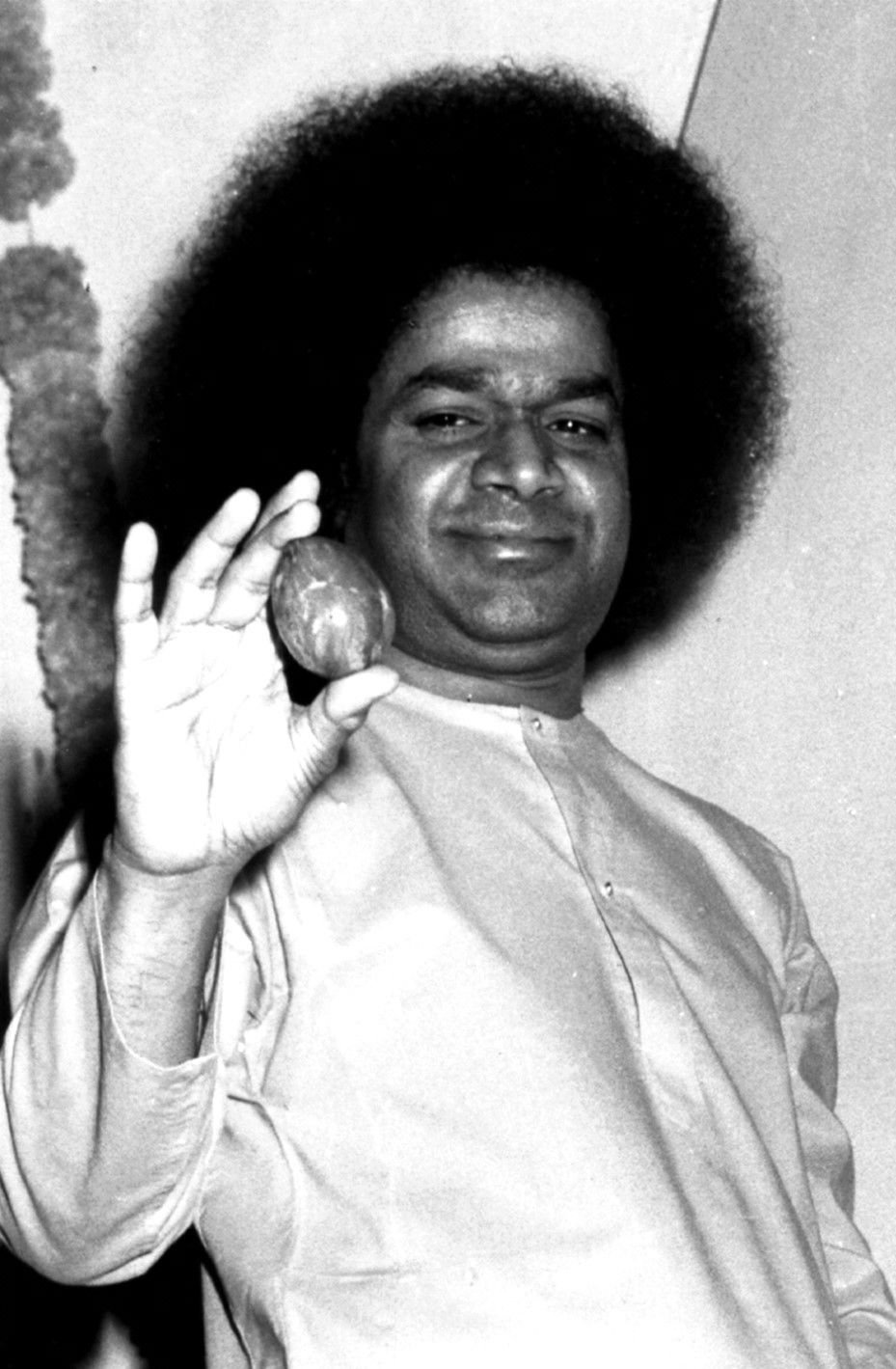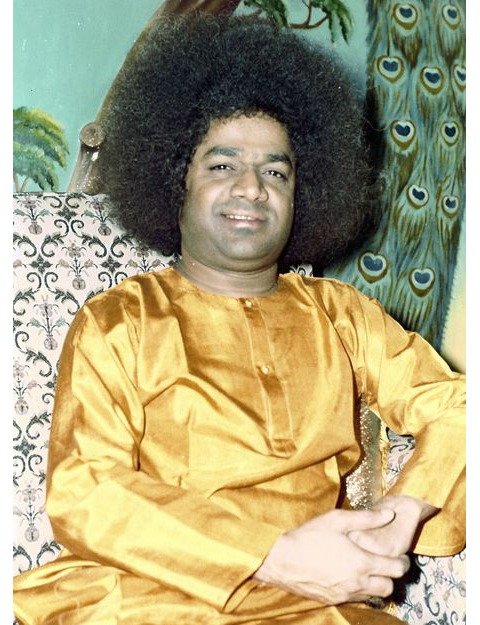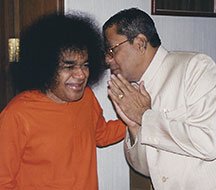Volume Seven (1967)

Sathya Sai Speaks, Volume Seven (1968–1969) marks a period when Bhagawan Sri Sathya Sai Baba’s mission had grown significantly, drawing not only Indian devotees but also international seekers to Prasanthi Nilayam. During these years, Swami’s discourses increasingly addressed the practical challenges of daily life while reinforcing the universal principles of dharma, love, and service. The volume reflects His focus on guiding humanity toward self-realization through devotion, discipline, and ethical living, while simultaneously laying the groundwork for the global Sai movement.
A central theme of this volume is the oneness of humanity and the universality of God. Swami repeatedly stressed that all religions ultimately teach the same eternal truths: love, compassion, truth, and non-violence. He emphasized that differences in rituals, names, and customs are external, and what matters is the inner cultivation of the heart. He encouraged devotees to live in harmony with others, transcend narrow sectarianism, and see the divine in every being. This teaching became a foundational pillar for the international Sai Organization, which would later unite followers worldwide under the banner of service and spiritual unity.
Another key focus of Volume Seven is service (seva) as the highest form of worship. Swami urged devotees to engage in selfless acts, emphasizing that true service purifies the heart, diminishes ego, and fosters spiritual growth. During these years, He encouraged organized service activities, including feeding the poor, helping the sick, and promoting education. These ideas became the early framework for the Sri Sathya Sai Seva Organizations, which would expand globally in the coming decades.
Youth and education were again prominent themes. Swami taught that education should develop not only intellectual skills but also moral values, discipline, and devotion. He exhorted students to use their abilities for the welfare of society, thus linking personal growth with social responsibility. These discourses reinforced the vision of value-based education that would later take formal shape in His schools and colleges.
The volume also emphasizes spiritual practices and inner discipline. Swami taught that meditation, prayer, self-inquiry, and constant remembrance of God are essential to overcome desires and attachments. He highlighted the importance of purity in thought, speech, and action, and of cultivating virtues such as humility, patience, forgiveness, and truthfulness. Swami reminded devotees that spiritual progress is not merely theoretical but must be reflected in everyday conduct.
Additionally, Swami interpreted scriptures and traditions in a practical manner, explaining the inner significance of festivals, rituals, and stories from the Bhagavad Gita, Ramayana, and Upanishads. These explanations helped devotees understand that the ultimate purpose of religious practice is the realization of the Self and the expression of love in action.
In essence, Sathya Sai Speaks – Volume Seven consolidates the teachings of previous volumes while addressing the expansion of Swami’s mission on a global scale. It emphasizes universal love, selfless service, moral education, and spiritual discipline, preparing devotees to carry His message beyond regional and national boundaries. The discourses inspire seekers to live a life of devotion, compassion, and harmony, reflecting the vision of a world united in the spirit of God-consciousness.





